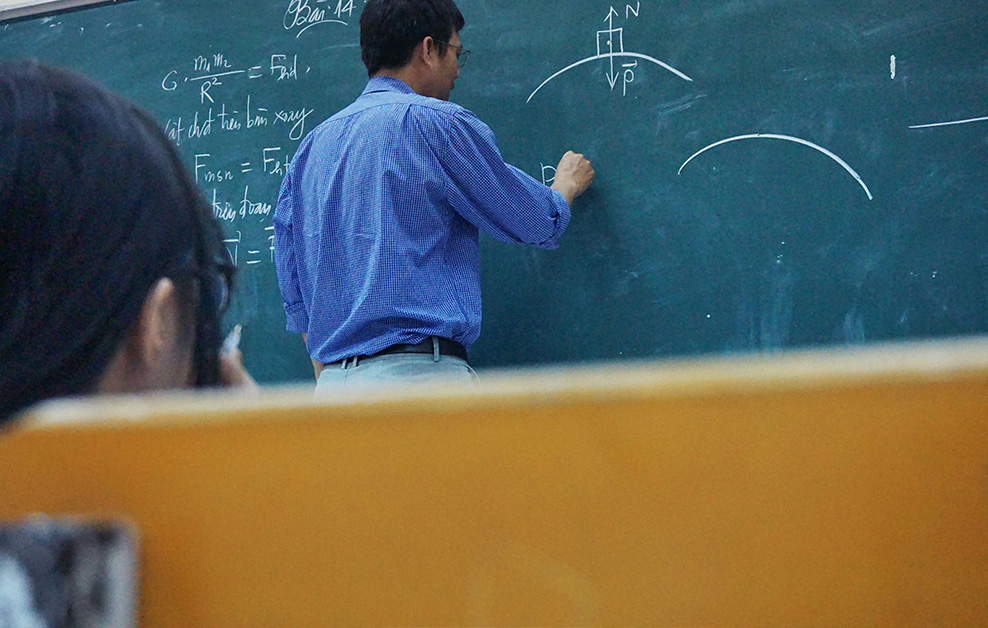Some of us may have stopped using conventional Internet Search Engines like Google, Bing etc and now go directly to an AI engine like Co-pilot, Chat GPT, Gemini and META. The AI prompting makes it much easier to ask questions and delivers results that we are looking for without having to trawl through a huge number of links and advertisements.
Searching is much easier because if you don’t know how to ask what you are looking for the AI engine will prompt you as you go. This is the future of the Internet searching process. You can this easily with META which resides within WhatsApp. There is a humorous story that involved a person who lost her sunglasses on the first day of holiday and was a little upset. Someone asked META to write a silly poem to help the poor person deal with the grief of losing her sunglasses. This is what came out
“A careless moment, a splash of sea
My glasses slipped, and now they’re free
Buried in sand, or swept away
I’m left to squint, on this sunny day”
A twenty second prompt diffused a sad situation.
What role does AI play in the process of learning?
Co-pilot emphatically stresses that AI becomes a more efficient tool in the learning process. But it cannot become a substitute for a person grasping a concept. It might be able to phrase a concept in multiple ways to assist in the user “getting” the concept, but that person still needs to grasp this concept in order to perform their task. One of the more positive aspects of this process is that certain people will now gain exposure to more complicated concepts that they will need to understand and adapt to their work life.
We return to the INTRATERNSHIP process. Over the last few years we have emphasised that everyone is an expert at something. All that expertise needs a vehicle that allows it to be shared. Our second principle is that peers tend to trust each other more than colleagues at different levels in an organisation. Once the INTRATERNSHIP process has started to become a normalised part of the knowledge sharing process, people will start to ask for help from their peers in understanding more complex processes.
The upshot is a more skilled workforce that has learned to trust in their mutual capabilities.
TAKE US UP ON OUR FREE OFFER
If you’d like to know more about how we assist companies become massive knowledge centres please contact us; the consultation is at no charge.

